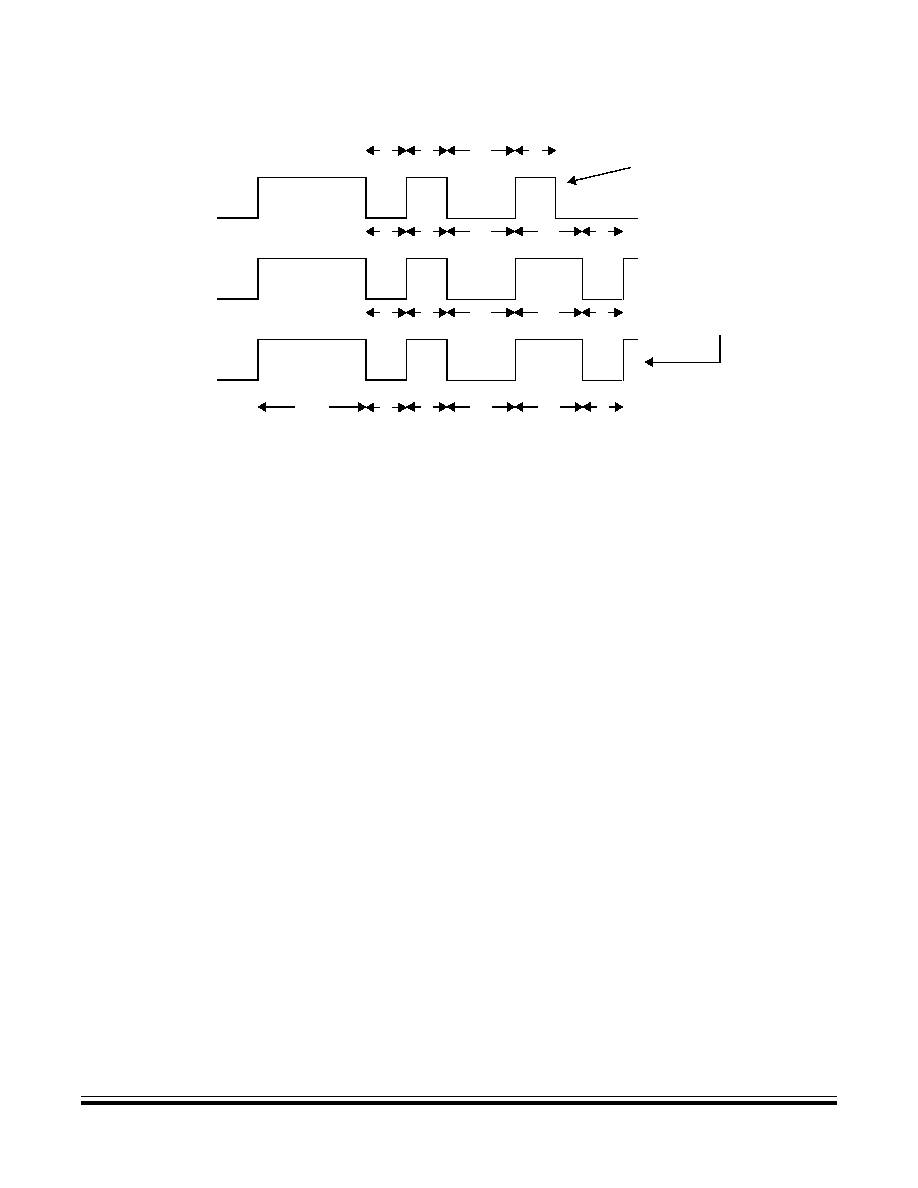- 您現(xiàn)在的位置:買賣IC網(wǎng) > PDF目錄98012 > MC68HC08AS32FN (FREESCALE SEMICONDUCTOR INC) 8-BIT, EEPROM, 8.4 MHz, MICROCONTROLLER, PQCC52 PDF資料下載
參數(shù)資料
| 型號: | MC68HC08AS32FN |
| 廠商: | FREESCALE SEMICONDUCTOR INC |
| 元件分類: | 微控制器/微處理器 |
| 英文描述: | 8-BIT, EEPROM, 8.4 MHz, MICROCONTROLLER, PQCC52 |
| 封裝: | PLASTIC, LCC-52 |
| 文件頁數(shù): | 250/280頁 |
| 文件大小: | 3453K |
| 代理商: | MC68HC08AS32FN |
第1頁第2頁第3頁第4頁第5頁第6頁第7頁第8頁第9頁第10頁第11頁第12頁第13頁第14頁第15頁第16頁第17頁第18頁第19頁第20頁第21頁第22頁第23頁第24頁第25頁第26頁第27頁第28頁第29頁第30頁第31頁第32頁第33頁第34頁第35頁第36頁第37頁第38頁第39頁第40頁第41頁第42頁第43頁第44頁第45頁第46頁第47頁第48頁第49頁第50頁第51頁第52頁第53頁第54頁第55頁第56頁第57頁第58頁第59頁第60頁第61頁第62頁第63頁第64頁第65頁第66頁第67頁第68頁第69頁第70頁第71頁第72頁第73頁第74頁第75頁第76頁第77頁第78頁第79頁第80頁第81頁第82頁第83頁第84頁第85頁第86頁第87頁第88頁第89頁第90頁第91頁第92頁第93頁第94頁第95頁第96頁第97頁第98頁第99頁第100頁第101頁第102頁第103頁第104頁第105頁第106頁第107頁第108頁第109頁第110頁第111頁第112頁第113頁第114頁第115頁第116頁第117頁第118頁第119頁第120頁第121頁第122頁第123頁第124頁第125頁第126頁第127頁第128頁第129頁第130頁第131頁第132頁第133頁第134頁第135頁第136頁第137頁第138頁第139頁第140頁第141頁第142頁第143頁第144頁第145頁第146頁第147頁第148頁第149頁第150頁第151頁第152頁第153頁第154頁第155頁第156頁第157頁第158頁第159頁第160頁第161頁第162頁第163頁第164頁第165頁第166頁第167頁第168頁第169頁第170頁第171頁第172頁第173頁第174頁第175頁第176頁第177頁第178頁第179頁第180頁第181頁第182頁第183頁第184頁第185頁第186頁第187頁第188頁第189頁第190頁第191頁第192頁第193頁第194頁第195頁第196頁第197頁第198頁第199頁第200頁第201頁第202頁第203頁第204頁第205頁第206頁第207頁第208頁第209頁第210頁第211頁第212頁第213頁第214頁第215頁第216頁第217頁第218頁第219頁第220頁第221頁第222頁第223頁第224頁第225頁第226頁第227頁第228頁第229頁第230頁第231頁第232頁第233頁第234頁第235頁第236頁第237頁第238頁第239頁第240頁第241頁第242頁第243頁第244頁第245頁第246頁第247頁第248頁第249頁當(dāng)前第250頁第251頁第252頁第253頁第254頁第255頁第256頁第257頁第258頁第259頁第260頁第261頁第262頁第263頁第264頁第265頁第266頁第267頁第268頁第269頁第270頁第271頁第272頁第273頁第274頁第275頁第276頁第277頁第278頁第279頁第280頁

MC68HC08AS32 — Rev. 4.1
Data Sheet
Freescale Semiconductor
71
Figure 4-13. J1850 VPW Bitwise Arbitrations
The variable pulse width modulation (VPW) symbols and J1850 bus electrical
characteristics are chosen carefully so that a logic 0 (active or passive type) will
always dominate over a logic 1 (active or passive type) that is simultaneously
transmitted. Hence, logic 0s are said to be dominant and logic 1s are said to be
recessive.
Whenever a node detects a dominant bit on BDRxD when it transmitted a
recessive bit, the node loses arbitration and immediately stops transmitting. This is
known as bitwise arbitration.
Since a logic 0 dominates a logic 1, the message with the lowest value will have
the highest priority and will always win arbitration. For instance, a message with
priority 000 will win arbitration over a message with priority 011.
This method of arbitration will work no matter how many bits of priority encoding
are contained in the message.
During arbitration, or even throughout the transmitting message, when an opposite
bit is detected, transmission is stopped immediately unless it occurs on the 8th bit
of a byte. In this case, the BDLC automatically will append up to two extra logic 1
bits and then stop transmitting. These two extra bits will be arbitrated normally and
thus will not interfere with another message. The second logic 1 bit will not be sent
if the first loses arbitration. If the BDLC has lost arbitration to another valid
message, then the two extra logic 1s will not corrupt the current message.
However, if the BDLC has lost arbitration due to noise on the bus, then the two
extra logic 1s will ensure that the current message will be detected and ignored as
a noise-corrupted message.
TRANSMITTER A
TRANSMITTER B
J1850 BUS
SOF
DATA
BIT 1
DATA
BIT 4
DATA
BIT 5
0
TRANSMITTER A DETECTS
AN ACTIVE STATE ON
THE BUS AND STOPS
TRANSMITTING
TRANSMITTER B WINS
PASSIVE
ACTIVE
PASSIVE
ACTIVE
PASSIVE
ACTIVE
0
1
DATA
BIT 2
1
DATA
BIT 3
0
1
ARBITRATION AND
CONTINUES
TRANSMITTING
相關(guān)PDF資料 |
PDF描述 |
|---|---|
| MC68HC08AZ32CFU | 8-BIT, MROM, MICROCONTROLLER, PQFP64 |
| MC68HC08AZ48CFU | 8-BIT, MROM, 8.4 MHz, MICROCONTROLLER, PQFP64 |
| MC68HC08KH12FU | 8-BIT, MROM, 6 MHz, MICROCONTROLLER, PQFP64 |
| MC68HC08XL36CB | 8-BIT, MROM, 8.2 MHz, MICROCONTROLLER, PDIP56 |
| MC68HC11A0FNR2 | 8-BIT, MICROCONTROLLER, PQCC52 |
相關(guān)代理商/技術(shù)參數(shù) |
參數(shù)描述 |
|---|---|
| MC68HC08AZ0 | 制造商:MOTOROLA 制造商全稱:Motorola, Inc 功能描述:Advance Information |
| MC68HC08AZ0CFU | 制造商:MOTOROLA 制造商全稱:Motorola, Inc 功能描述:Advance Information |
| MC68HC08AZ16 | 制造商:MOTOROLA 制造商全稱:Motorola, Inc 功能描述:HCMOS Microcontroller Unit |
| MC68HC08AZ24 | 制造商:MOTOROLA 制造商全稱:Motorola, Inc 功能描述:HCMOS Microcontroller Unit |
| MC68HC08AZ32 | 制造商:FREESCALE 制造商全稱:Freescale Semiconductor, Inc 功能描述:Advance Information |
發(fā)布緊急采購,3分鐘左右您將得到回復(fù)。